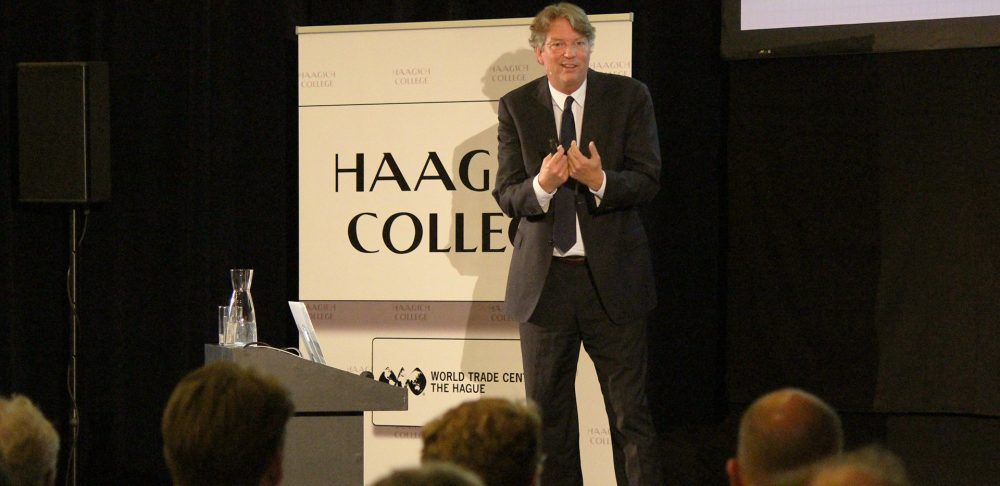Last year, Barack Obama cited Reinhold Niebuhr (1892-1971) as one of his favorite philosophers. The choice contrasted with George W. Bush’s famous citation in 2000 of Jesus Christ as his favorite philosopher. Citing a deceased theologian with a German name seems sophisticated, and Jimmy Carter likewise often pointed to Niebuhr, and justifiably so. Niebuhr was probably the 20th century’s finest ethicist in the liberal Protestant tradition.
Despite lay fans like Obama and Carter, who are themselves liberal Protestants, Niebuhr is today rarely embraced by the modern Religious Left, which prefers utopianism to Niebuhr’s school of Christian realism. Niebuhr would appreciate the irony, because he himself was once a sort of utopian who shared the pacifism and socialism of Social Gospel enthusiasts after World War I. The rise of Nazism jolted Niebuhr back to the reality of transcendent evil, and he steadfastly endorsed World War II, even while criticizing the Allied bombing of German cities and questioning the atomic attacks on Japan. Later, he supported Western resistance to Soviet communism, though he opposed the Vietnam War almost from its start.
Niebuhr always remained left of center politically, endorsing the New Deal and welfare state, and heartily endorsing civil rights. A Lutheran, he taught for 30 years at Union Seminary in New York, which was then America’s flagship liberal seminary. Today, like most once distinguished liberal seminaries, Union is a shadow of its former influence. But in Niebuhr’s day it hosted some of America’s great theological minds, including Niebuhr’s colleague and close friend, Paul Tillich.
Zie voor de rest van dit artikel het origineel:
